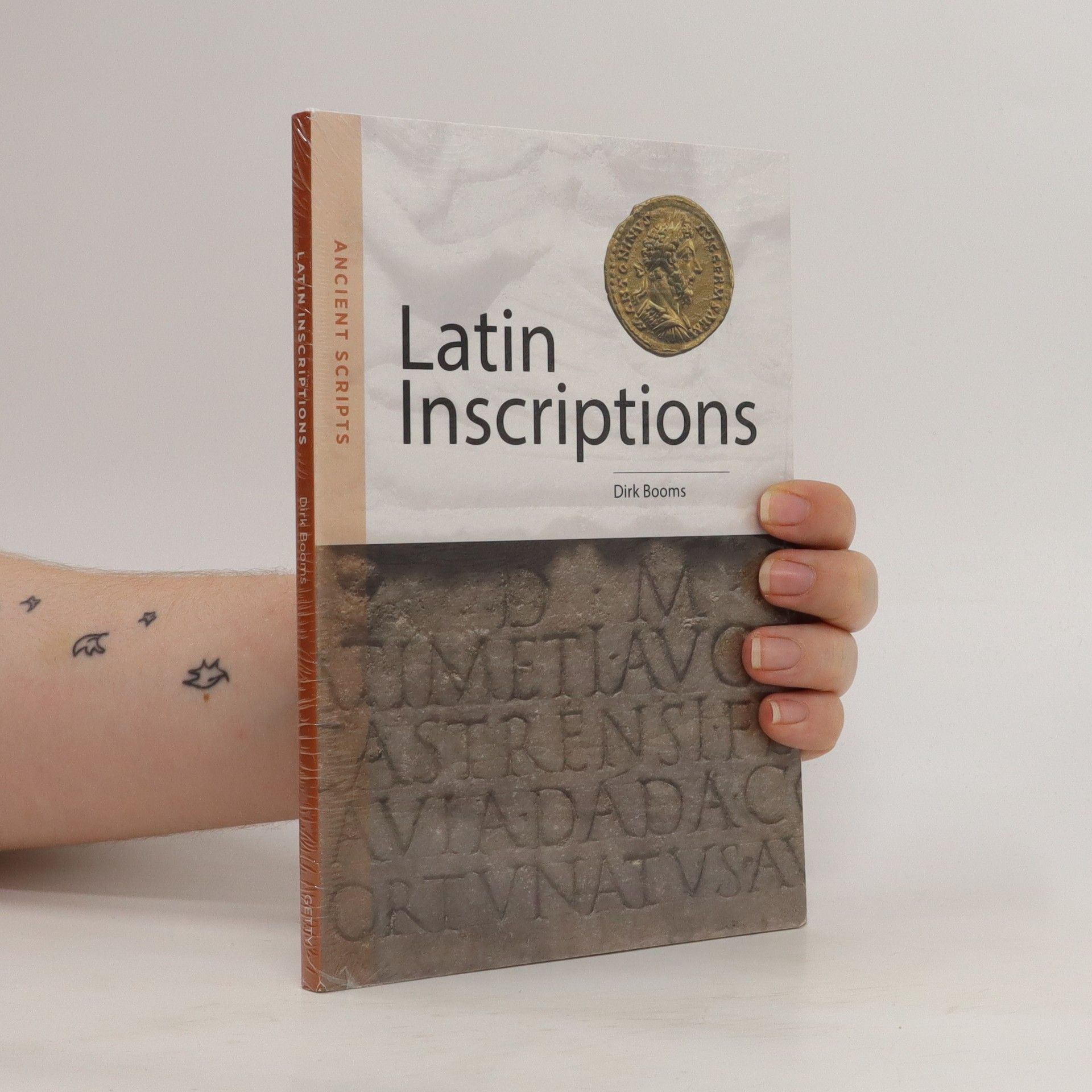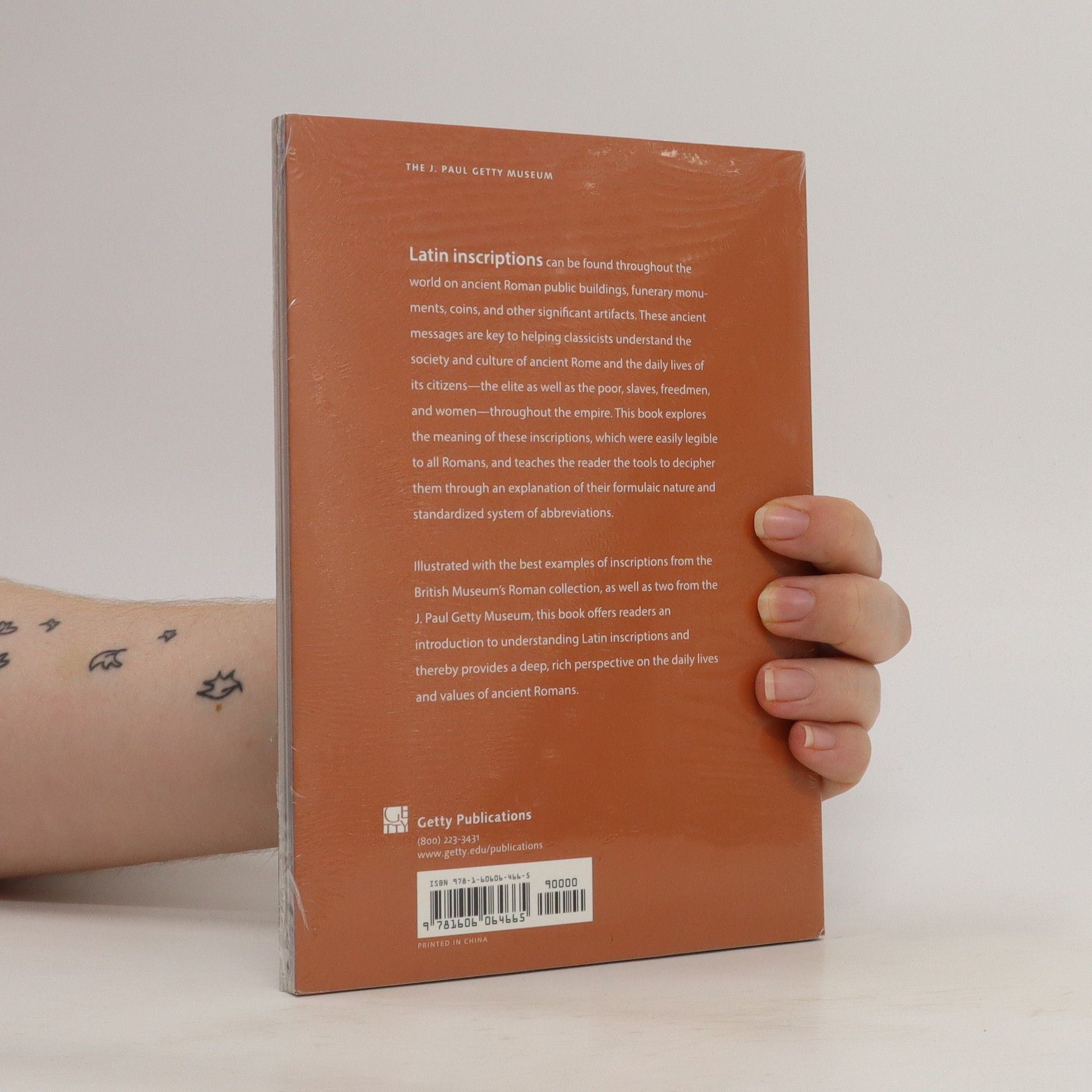Parameter
- 112 Seiten
- 4 Lesestunden
Mehr zum Buch
"Visitors to museums or ancient Roman sites are often confronted with Latin texts inscribed on objects or buildings from classical antiquity. To the uninitiated such Latin inscriptions can appear daunting; a jumble of letters seemingly without structure or meaning. However, since they were meant to be understood by all levels of ancient Roman society, even those who couldn't read, these ancient inscriptions followed strict grammatical rules and standardized abbreviations that could be easily decoded. This book will teach readers, even those with no knowledge of Latin, how to decipher these ancient messages. Each illustrated inscription is accompanied by a transcription, a transliteration in which all abbreviations are spelled out, a translation, and finally an interpretation of the text's meaning and significance. Even the smallest piece of information in an inscription can aid classicists in reconstructing the daily lives of Romans, especially those less visible in the archaeological record: the poor, slaves, and women. In conveying devastation at the death of a loved one, comradery among soldiers, or the key events in individual lives, inscriptions can reveal much about ancient Roman history and culture. Dirk Booms is curator of Roman archaeology at the British Museum, whose areas of specialty are Roman architecture, sculpture, glass, and inscriptions."-Publisher's website
Buchkauf
Latin Inscriptions, Dirk Booms
- Sprache
- Erscheinungsdatum
- 2016
- product-detail.submit-box.info.binding
- (Paperback)
Keiner hat bisher bewertet.


